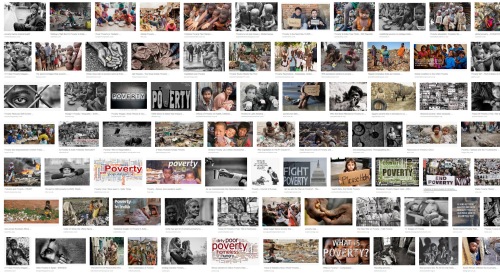
Psalm 82 raises puzzling questions: 1) Who are the “gods” of verses 1 and 6, the mighty ones among whom God stands? 2) Who is the first person speaker in verse 6? 3) What is the meaning of the final verse, “Arise, O God, judge the earth; for you shall inherit all the nations!”
1) In view of John 10:31-39, a passage in which Jesus quotes verse 1 of this psalm, the “gods” are the judges and rulers who stand in the place of God as arbiters over the affairs of people. Because of their power and their need to represent justice fairly, it is as though they are “gods” in relation to other people. But they are botching the job. They are judging unfairly and favoring the “wicked.” We can read into the psalm that the judges are favoring the rich, the powerful, those with influence, those who offer favors in return, and so on.
God favors the poor and needy. This psalm is very clear. God’s indictment is against the rulers who are so unlike himself. God says, “Give justice to the weak and the fatherless; maintain the right of the afflicted and the destitute. Rescue the weak and the needy; deliver them from the hand of the wicked.” God continues, They [the gods/judges] have neither knowledge nor understanding, they walk about in darkness; all the foundations of the earth are shaken.” (Psalm 82:3-5 ESV) When human rulers go against God’s goodness and his kindness toward the poor, the very “foundations of the earth are shaken.”
2) Is the “I” who speaks in verse 6 the same as God who speaks in verses 2-5? Patrick Reardon (Christ in the Psalms, 161-162) points out that the Orthodox Church recites Psalm 82 in their Easter liturgy just before the announcement of the Resurrection of Christ in Matthew. He relates that the Orthodox Church applies verse 8, “Arise, O God, judge the earth; for you shall inherit all the nations! (ESV),” as a cry by God’s people for the resurrection of Christ. If Christ is addressed as “O God” in verse 8, perhaps then he is also the speaker of verses 6-7?
3) The New Testament supports a reading that Christ is referenced as the one who shall inherit all the nations in verse 8. (Matthew 28:18; Romans 8:17; Ephesians 5:5; Philippians 2:9-11) If Christ is indeed referenced in verses 6-8, then this psalm supports the presence of two persons of the Trinity within the Old Testament.
The Point: However we may choose to answer the questions Psalm 82 raises, the psalm leaves no question about God’s view of the poor and needy. Neglect and mistreatment of the poor and needy by those with power to help provokes the judgment of God against those who hold the power. God does not view the poor and needy as a threat, a danger, as scum, as those to be locked out and avoided. His instructions are clear, “Give justice to the weak and the fatherless; maintain the right of the afflicted and the destitute. Rescue the weak and the needy; deliver them from the hand of the wicked.” Psalm 82 promises a day of judgment in which God will judge the judges. This psalm warns them that he is not pleased with their judgments. O that we would be a godly nation who obeyed his Word.

As always Christina gives me a new way to view the Psalms. I love reading them again with a new perspective.
Thank you Michele. Your comment truly encourages me.